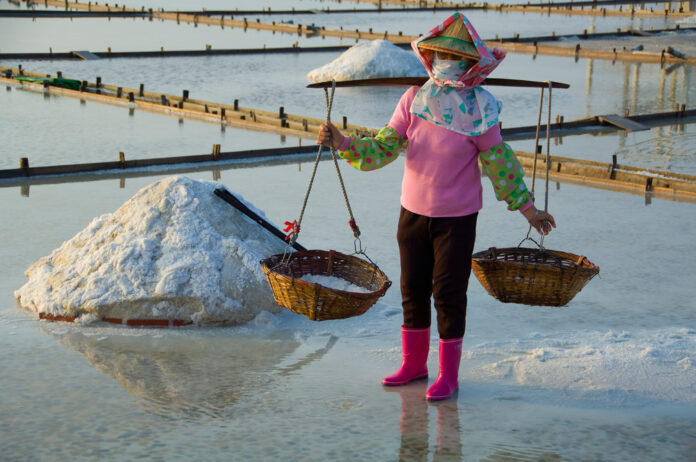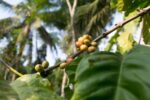The Bureau of Fisheries and Aquatic Resources (BFAR) on Tuesday said the newly minted Salt Industry Development Law should further improve the country’s 84-percent dependency rate on the imported salt variety.
BFAR spokesperson Nazario Briguera said that from a high 90 percent, the allotted fund for domestic salt development has reduced the country’s dependency rate on imported salt.
Prior to this development, there was no domestic salt industry to develop, which meant also the absence of programs ensuring the continued growth of the sector.
The new law identifies the BFAR as lead agency although a salt industry development council will still be established and made up of the different sectors focused on making a roadmap, Briguera said.
Apart from its utility for culinary and dietary purposes, salt is used as fertilizer for certain crops.
Briguera also said the crafting of the rules and regulations (IRR) is underway and should soon be issued.
President Ferdinand Marcos Jr. in only the past week signed into law the Philippine Salt Industry Development Act classifying that locally produced salt, whether raw or processed, is exempt from all taxes even as the imported variety is levied a nine-percent ad valorem.
The law also provides that appropriate technology and research as well as adequate financial, production, marketing and other support services be provided to salt farmers not just to help increase salt production and revitalize the salt industry but also to expand the number of salt-producing areas in the country.
The law also tasked the BFAR and the Department of Environment and Natural Resources to identify and map areas suitable for salt production and prioritizing public land in Ilocos Norte, Ilocos Sur, la Union, Pangasinan, Zambales, Bataan, Occidental Mindoro, Oriental Mindoro, Palawan, Marinduque and Quezon.







